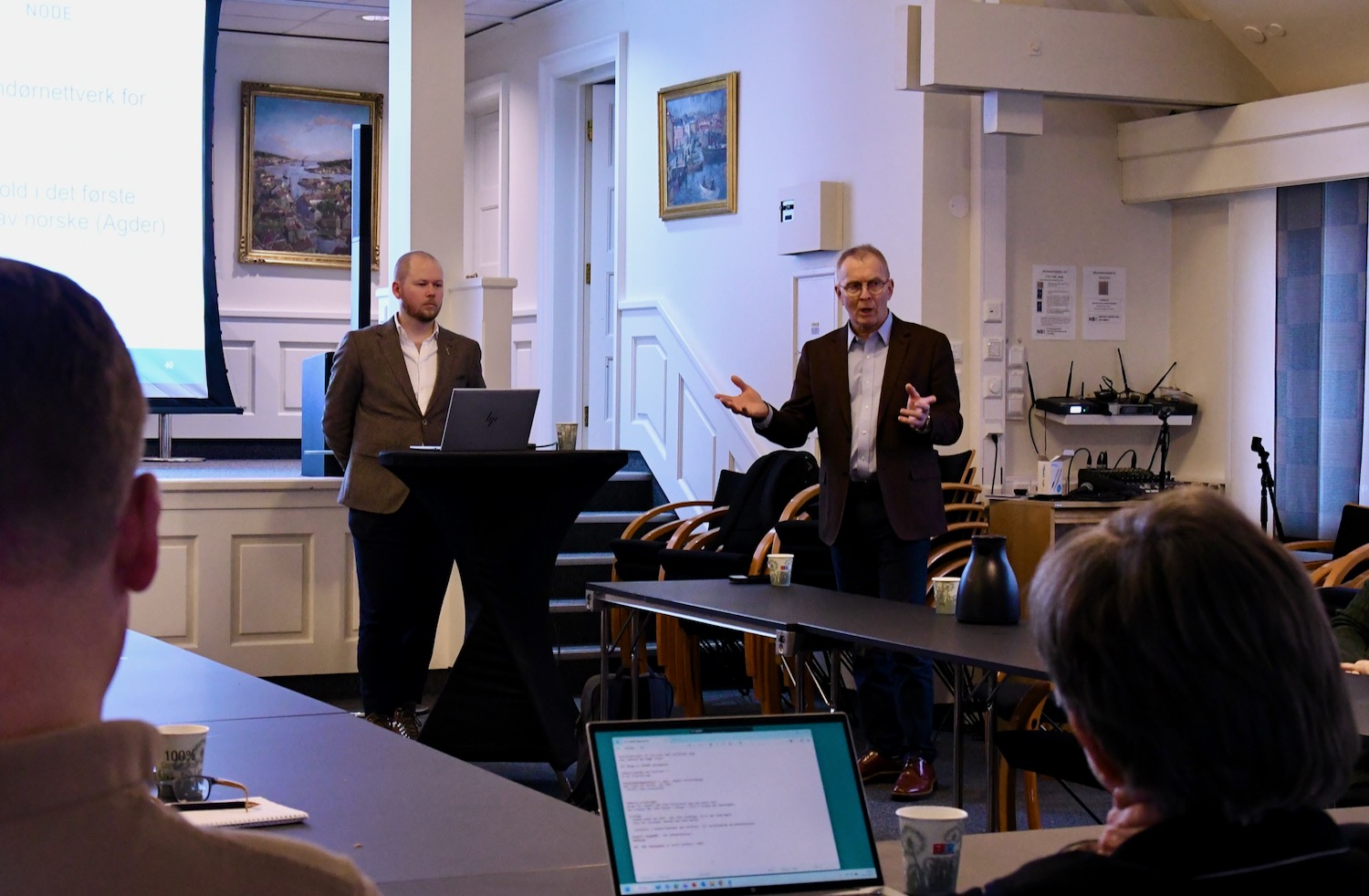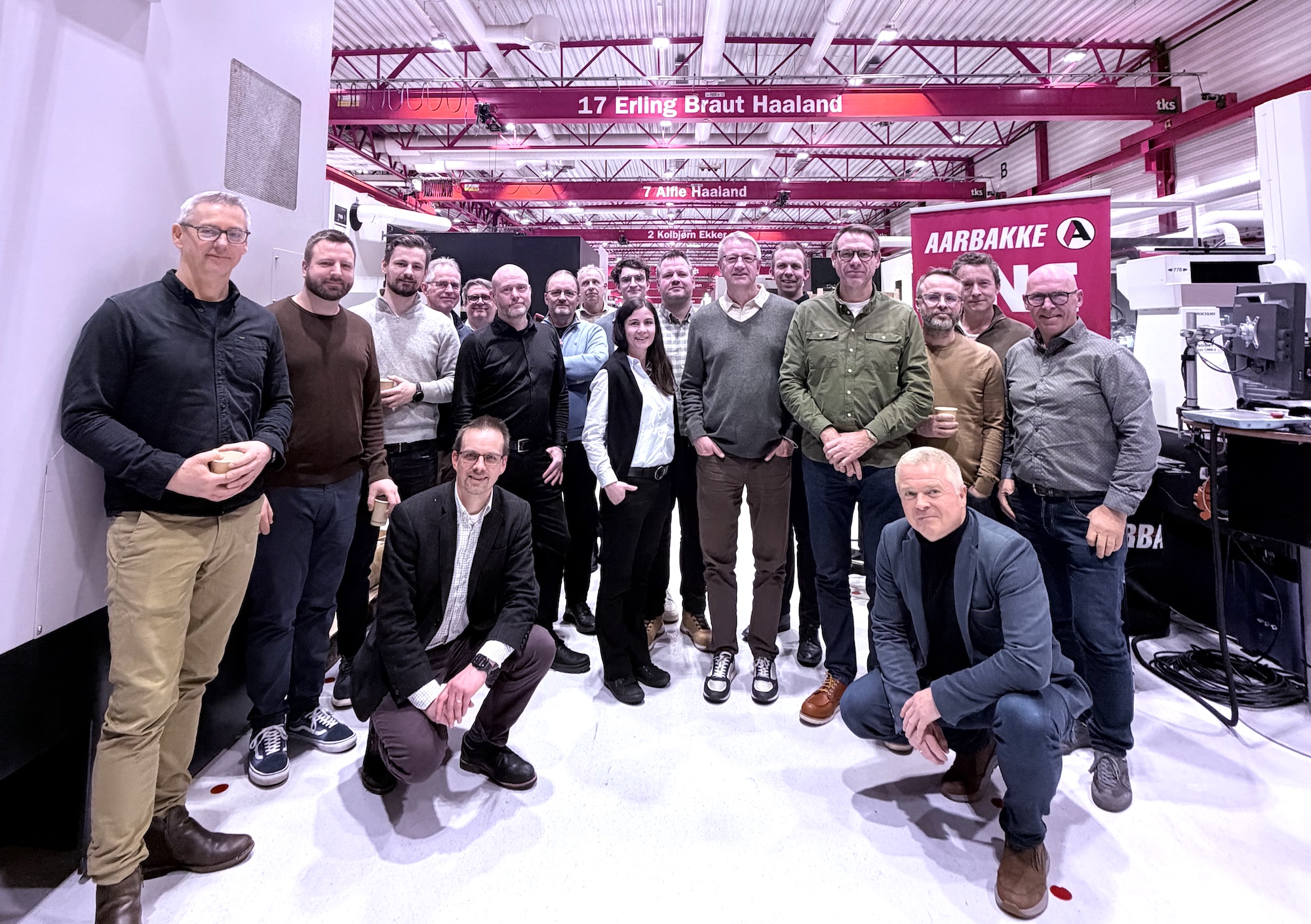Reve’s vision for a tiered cluster system – Arena, NCE, and GCE – was born from the need to support industry-specific innovation across different maturity levels. While Arena and NCE focused on emerging and growing clusters, GCE was designed for globally competitive ecosystems.
NCE NODE was one of the first two clusters to be promoted to the GCE-level in 2014. Later, only one more Norwegian cluster earned this distinction.
Reve’s cluster model impressed both academics at Harvard and Norwegian policymakers. The former Minister of Business, Monica Mæland, embraced the concept, leading to rapid implementation.
“Specializing in offshore drilling technology, GCE NODE was one of the most successful Norwegian clusters. By focusing narrowly on a niche, the cluster’s companies achieved a global market share of 80 per cent, becoming a world-leading center. Its success was not only technological but organizational. Strong leadership, strategic collaboration, and international engagement made GCE NODE a standout example,” says Reve.
However, with public funding from Innovation Norway phasing out, clusters like GCE NODE face new challenges. The transition demands alternative financing through research grants, regional support, and direct contributions from participating companies.
“This shift tests the resilience of the cluster. Strong clusters should withstand market shocks and adapt by pivoting toward related industries. GCE NODE looks to renewable energy and defense, which seems to be a relevant and good choice,” says Reve.
The success of a cluster lies in its ecosystem with startups, academia, industry, government, and investors working together. Knowledge sharing, talent mobility, and strategic rivalry fuel innovation.
“The future of Norwegian industry lies in fostering knowledge-driven environments that attract talent and capital. As the GCE program ends, its legacy remains – a blueprint for how regional collaboration can scale into global competitiveness. The next phase will depend on the commitment of participating companies, and the strength of the cluster,” says Reve.



